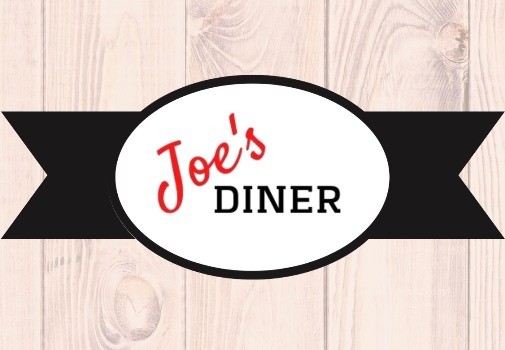The Minnesota Department of Health (MDH) today announced it has issued cease-and-desist orders and notices of license suspension to Joe’s Diner, in East Grand Forks; King Sparrow, in Milaca; and Big Orv’s, in Adrian, after determining that the facilities had violated executive orders designed to protect their employees, customers, and communities from the COVID-19 pandemic.
Governor Tim Walz issued Executive Order 20-99 on Nov. 18. The executive order prohibits bars and restaurants from offering on-premises dining. The executive order was issued at a time of rapid acceleration in the spread of COVID-19 across Minnesota and sought to protect Minnesotans while also preventing hospitals and health care systems from becoming overwhelmed by the surge in cases. As of Dec. 18, at 11:59 p.m., restaurants and bars could resume outdoor dining at 50% capacity, with a maximum of 100 people, with some additional restrictions. While up to five customers at a time may step inside briefly to pick up takeout, indoor dining remains closed to the public.
On Dec. 17, MDH inspected Joe’s Diner in East Grand Forks. During the inspection, MDH staff found the establishment was open for on-site consumption of food and/or beverage, in violation of Executive Order 20-99. A waitress was not wearing a mask and there were no signs reminding customers to wear masks, in violation of Executive Order 20-81. On Dec. 22, MDH conducted a follow-up inspection and found the business was again open for on-site food and/or beverage consumption. A cease-and-desist order and license suspension notice were served on Dec. 26.
On Dec. 18, MDH inspected King Sparrow in Milaca. During the inspection, MDH staff found the establishment was open for on-site food and beverage service, and allowing more than five customers indoors to pick up takeout at one time, in violation of Executive Order 20-99. Employees were observed working without masks, in violation of Executive Order 20-81. A cease-and-desist order and license suspension notice were served on Dec. 28.
On Dec. 21, MDH inspected Big Orv’s in Adrian. During the inspection, MDH staff found the establishment was open for on-site consumption of beverages, in violation of Executive Order 20-99, and a customer was observed not wearing a mask, in violation of Executive Order 20-81. A cease-and-desist order and license suspension notice were served on Dec. 28.
According to MDH Assistant Commissioner Dan Huff, enforcement actions are a last resort when it is clear that education and outreach are not sufficient to help a regulated establishment come into compliance with requirements.
“COVID-19 protocols are designed to slow the spread of this virus and reduce the impacts of this pandemic,” Huff said. “Our preference is always to work with businesses to bring them into compliance, and we consider regulatory actions as a last resort. The vast majority of businesses are doing their best to help slow down the spread of COVID-19, and we owe it to them to have a consistent and fair enforcement approach.”




